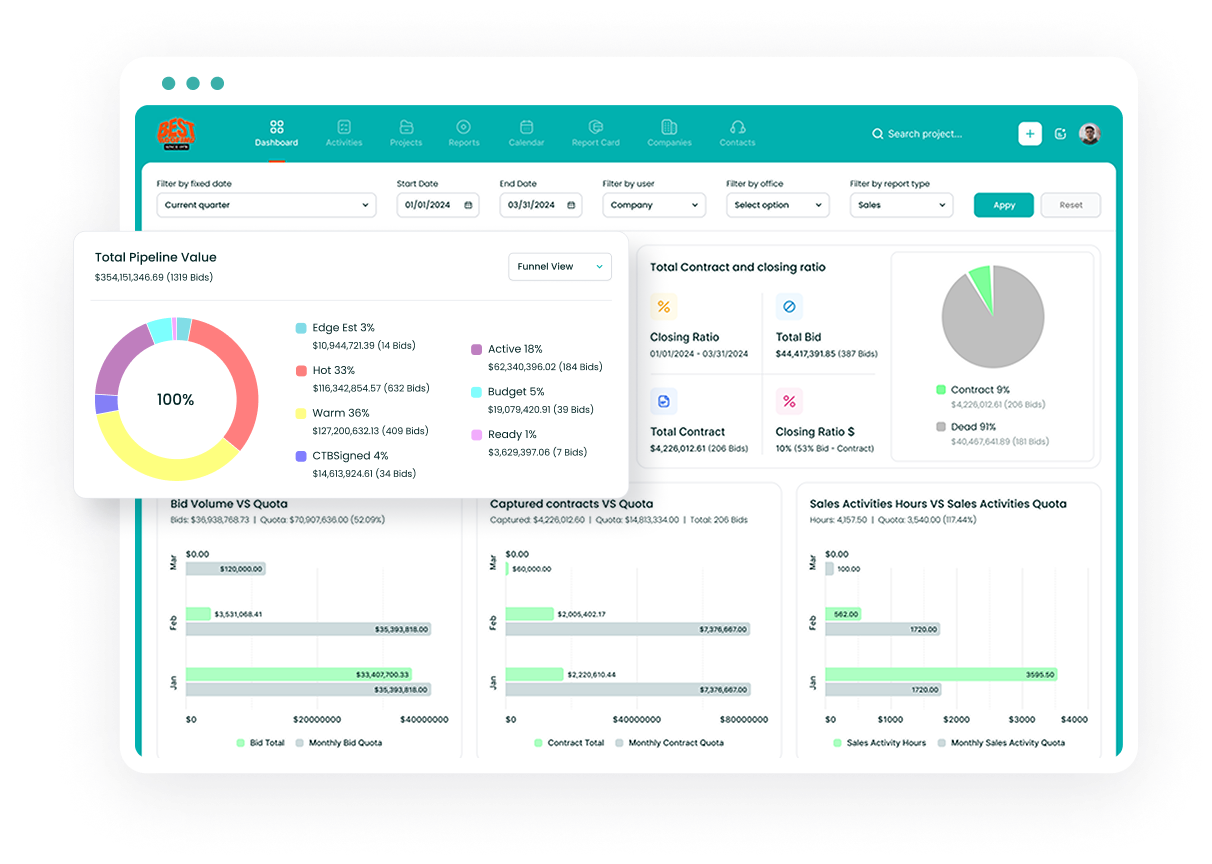Using the Bank Reverse Transactions Screen
The Bank Reverse Transactions screen serves as the primary tool for reversing posted transactions in Sage 300. This powerful feature allows you to handle various types of reversals while maintaining accurate financial records.
Key Capabilities:
- Reverse posted payments and their associated original transactions
- Process returned customer checks and credit card payments
- Update Accounts Receivable automatically
- Handle Bank Services-entered transactions
- Reverse single or multiple transactions simultaneously
Step-by-Step Reversal Process
Accessing the Screen Navigate to Bank Services > Bank Transactions > Reverse Transactions to begin the process.
Basic Transaction Reversal
- Enter the bank code for the transaction you wish to reverse
- Select the appropriate source application (AR, AP, Payroll, Bank Services, or Other)
- Input the customer or vendor number if applicable
- Specify the document number or check number
- Choose whether to reverse the associated invoice automatically
- Click Post to complete the reversal
Multiple Transaction Reversals
When dealing with multiple transactions, the process requires additional steps:
Setting Up Multiple Reversals
- Select the "Reverse Multiple Transactions" option
- Define the range of transactions to be reversed
- Review the detail table showing all selected transactions
- Verify the bank entry numbers and check numbers
- Click the "Reverse All" button to process the reversals
Special Considerations
Currency Handling For multicurrency accounting, the system automatically displays the statement currency specified for the bank. The reversal will maintain the original currency settings to ensure accurate financial reporting.
Invoice Reversals When reversing miscellaneous receipts or payments, the system provides options for handling associated invoices:
- For recorded customers/vendors: You can choose whether to reverse the invoice
- For unrecorded customers/vendors: The system automatically reverses the invoice during posting
Reconciliation Management
Tracking Reversals After posting reversals, you can verify the transactions through multiple methods:
- Check the Receipt Batch List for reversed entries
- Review the Bank Reconciliation screen
- Examine the transaction history for complete details
Verification Process To ensure accurate reversal processing:
- Navigate to the Receipt Batch List
- Locate the reversed entry
- Select the document number
- View the history to confirm both original and reversal entries
Best Practices
Transaction Timing
- Reversals can be processed at any time, including during bank reconciliation
- Consider the impact on financial reporting periods
- Maintain clear documentation of reversal reasons
Error Prevention
- Double-check all entry details before posting
- Verify bank codes and account numbers
- Ensure correct source application selection
- Review all associated documents
Handling Special Cases
Bank Services Transactions For transactions originated within Bank Services:
- Select Bank Services as the source application
- Locate the specific entry using the bank entry number
- Process the reversal following standard procedures
Cleared Transactions Important distinctions exist for cleared transactions:
- Cleared withdrawals cannot be reversed
- Cleared deposits may be reversed with proper documentation
Reporting and Audit Trail
Documentation Requirements Maintain comprehensive records of reversals:
- Original transaction details
- Reversal reason and authorization
- Associated document numbers
- Posting dates and times
Reconciliation Reports Generate and review relevant reports:
- Bank reconciliation statements
- Transaction listings
- Audit trail reports
- Reversal summaries
System Integration
Impact on Other Modules Reversals affect multiple areas of Sage 300:
- Accounts Receivable
- Accounts Payable
- General Ledger
- Bank Services
Automated Updates The system automatically:
- Updates bank account balances
- Adjusts subledger entries
- Maintains audit trails
- Updates customer/vendor accounts
Troubleshooting Common Issues
Transaction Validation If reversal posting fails:
- Verify all required fields are completed
- Check for proper authorization levels
- Ensure the transaction is eligible for reversal
- Confirm correct bank code and account information
Data Integrity To maintain accurate records:
- Regular system backups
- Periodic reconciliation reviews
- Proper documentation maintenance
- Regular audit trail reviews
Future Considerations
System Updates Stay current with:
- Software updates
- Banking module improvements
- New features and capabilities
- Regulatory requirements
Process Optimization Regularly review and optimize:
- Reversal procedures
- Documentation methods
- Internal controls
- Staff training
By following these comprehensive guidelines, you can effectively manage bank reconciliation reversals in Sage 300 while maintaining accurate financial records and proper audit trails. Remember that proper documentation and attention to detail are crucial for successful transaction management in your banking module.
Citations: [1] https://help.sage300.com/en-us/2024/classic/Subsystems/BK_2024/Content/Transactions/SCREENS/ReverseTransactions.htm?TocPath=Bank+Services%7CScreen+Guides%7CTransactions%7C_____7 [2] https://www.netatwork.com/sage-300-erp-tip-how-to-reverse-receipts-in-ar/ [3] https://communityhub.sage.com/us/sage300/f/financials-suite/175092/reversing-editing-a-bank-reconciliation-that-has-been-posted [4] https://www.accountingweb.co.uk/any-answers/how-can-i-reverse-a-bank-reconciliation-in-sage [5] https://www.sagesoftware.co.in/blogs/manual-bank-reconciliation-in-sage-300/ [6] https://ie-kb.sage.com/portal/app/portlets/results/botviewsolution.jsp?hypermediatext=null&solutionid=200427112256991 [7] https://help.sage300.com/en-us/2021/classic/Subsystems/BK/Content/Transactions/SCREENS/ReconcileStatements.htm [8] https://www.youtube.com/watch?v=f96aFV21QX0

